What’s the Buzz
The Bee Healthy Blog
What Are Electrolytes and Why are They So Important?
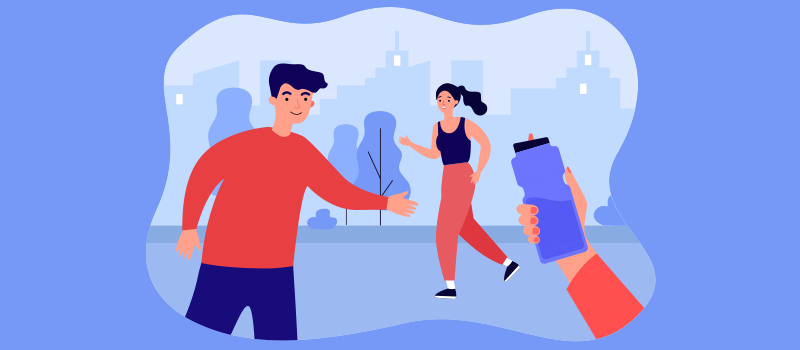
You play a game of tennis in the sun and reach for a sports drink because you need hydration after intense exercise. Or… you have severe diarrhea or vomiting and take oral rehydration therapy salts dissolved in water. But have you ever wondered why it’s better than drinking water?
It’s because sports drinks and oral rehydration therapy help to replenish your electrolyte levels. So, what exactly are electrolytes? Why is the right balance important and what causes electrolyte imbalances? Keep reading to find out.
What are electrolytes?
When salts are dissolved in a fluid, they break up into their component parts. For example, table salt, or sodium chloride (NaCl), breaks up into the sodium ion (Na+), which has a positive electric charge, and the chloride ion (Cl-), which has a negative electric charge. These ions in a saltwater solution are called electrolytes. They conduct electricity when dissolved in water.
What are the different electrolytes in the human body?
Some of the important electrolytes found in the human body are sodium, potassium, calcium, magnesium, chloride, bicarbonate, and phosphate.
Why do we need to maintain electrolyte balance?
Electrolytes are involved in many important processes in the body. That’s why, in addition to fluid levels, you need to maintain electrolyte levels for the body to function properly. Some of the key functions of electrolytes are briefly described below.
Nerve and Muscle Function
Electrolytes like calcium and magnesium are needed for muscle contraction. Potassium plays a key role in regulating heartbeat. Electrolytes are also needed for nervous system function. The brain uses electrical signals to communicate among nerve cells and with cells throughout the body. These electrical impulses are called nerve impulses, and sodium is necessary for this nerve function.
Fluid Balance
The body maintains tight control on how much water is outside and inside cells. This is known as intracellular and extracellular fluid. Electrolytes such as sodium and chloride help in the movement of water between the different fluid compartments through a process called osmosis. This ensures that cells do not swell up with too much water and burst or become dehydrated and shrink.
pH Balance
The pH value indicates how acidic or alkaline a solution is. The range goes from 0 to 14 with 7 being neutral, less than 7 being acidic, and more than 7 being alkaline. The body needs to regulate the internal pH (acid-base balance) to around 7.35 to 7.45 to stay healthy. Electrolytes such as bicarbonate play a critical role in maintaining the pH level in the body.
Biochemical Reactions
Electrolytes like magnesium, calcium, and phosphate play an essential role in hundreds of biochemical reactions and metabolic processes in the body, including DNA synthesis, immune system function, blood clotting, blood sugar control, regulation of heart rate, water balance, and formation of bones and teeth.
What causes electrolyte imbalances?
Electrolyte levels can become too high or too low. This is called an electrolyte imbalance. It can occur due to various reasons.
- Electrolytes such as sodium and potassium are lost in sweat during exercise. That’s why you need to replenish electrolytes with a sports drink or coconut water after any physical activity that causes excessive sweating.
- Electrolyte imbalance can also occur after a bout of vomiting or diarrhea.
- Drinking alcohol causes you to lose water and electrolytes.
- Electrolyte imbalances can occur in people with kidney problems (kidney disease or kidney failure) because the kidneys regulate how much electrolytes are filtered out of the body.
- People with eating disorders can develop electrolyte imbalance due to purging behaviors, dietary restrictions, or intense exercise.
- Certain drugs like diuretic medications (water pills) and antibiotics can also lead to a disruption in the balance of electrolytes.
- Some medical conditions like diabetic ketoacidosis and severe burns can lead to severe electrolyte disruption.
Doctors can diagnose an electrolyte imbalance in the blood by ordering an electrolyte panel. If the level of one type of electrolyte is too low, your doctor may treat it by supplementing. If a level is too high, they will try to identify the cause and treat you accordingly.
What are the symptoms of electrolyte imbalance?
Given that electrolytes play a critical role in so many processes in the body, it is not surprising that disruption of electrolyte balance can cause wide-ranging symptoms. Some of the symptoms of electrolyte imbalances include:
- Headache
- Nausea
- Fatigue
- Muscle weakness
- Abnormal muscle contractions (muscle twitching or muscle spasms)
- Abnormal heart rhythms
- Changes in blood pressure (low or high blood pressure)
- Confusion
- Numbness and tingling
- Seizures and other nervous system disorders
- Bone disorders
How can I get electrolytes naturally?
While sports drinks are an easy source of electrolytes, they are not right for everyone. It is worth noting that a sports drink can contain a large amount of sugar and added food coloring. Experts say sports drinks are not necessary for anyone who is not doing intense exercise. If you are working out for less than an hour, regular water should do.
If you want a natural but more flavorful alternative to water for hydration, fresh coconut water can be a good option. It has a somewhat similar composition to the traditional sports drink. However, you should read the label to make sure there is no added sugar. Note that coconut water may not have enough electrolytes and essential minerals that need to be replenished after intense workouts. Professional athletes should stick to a sports drink for peak physical performance and recovery.
In terms of food, the average person can get the recommended intake of electrolytes through a balanced healthy diet. Keep in mind that supplementation of electrolytes without a doctor’s instruction can be dangerous. For example, too much calcium can lead to kidney stones. In severe cases, electrolyte imbalance can cause medical problems like seizures, coma, cardiac arrest, and even death.
Some of the natural food sources of common electrolytes include:
Sodium: Table salt, pickled foods, processed foods, sauces, soups, tomato juice
Potassium: Plain yogurt, fruits and vegetables like bananas, sweet potato, avocado
Chloride: Table salt, tomato juice, sauces, soups, olives, lettuce
Calcium: Dairy products, green leafy vegetables like spinach and kale, sardines
Magnesium: Seeds and nuts, spinach, halibut.
References
1. https://www.cedars-sinai.org/blog/electrolytes.html
2. https://health.clevelandclinic.org/electrolyte-drinks-beneficial-or-not/amp/
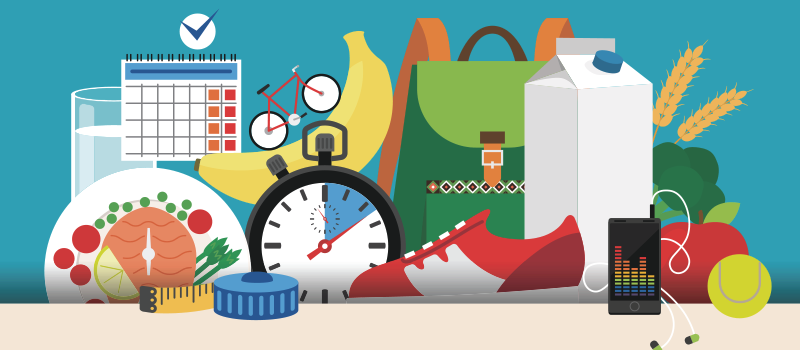

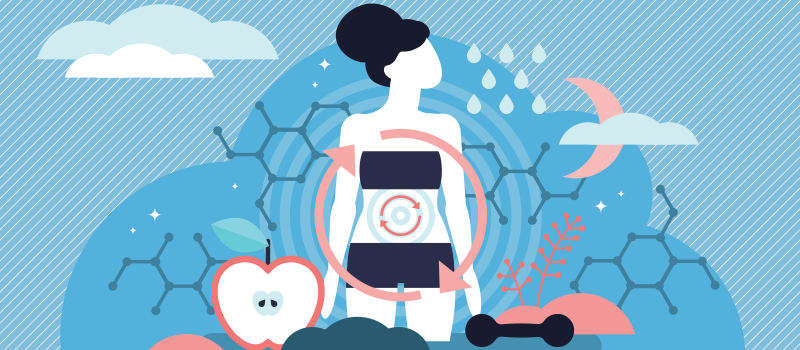

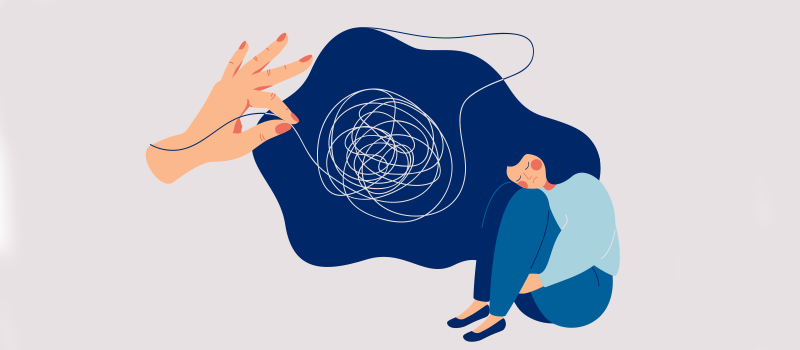
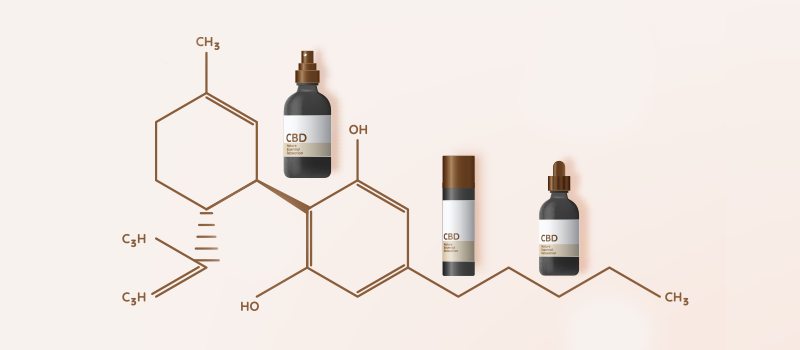


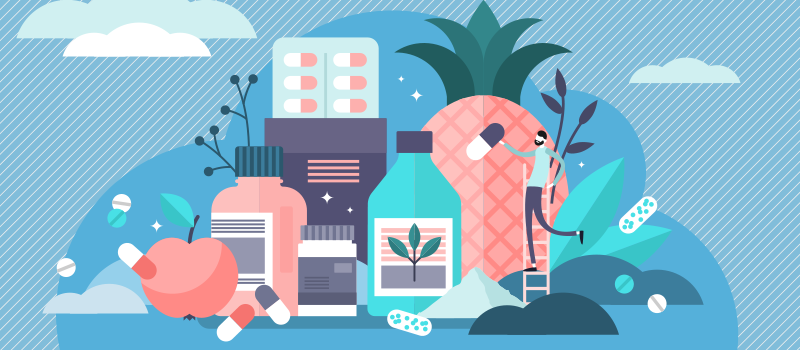


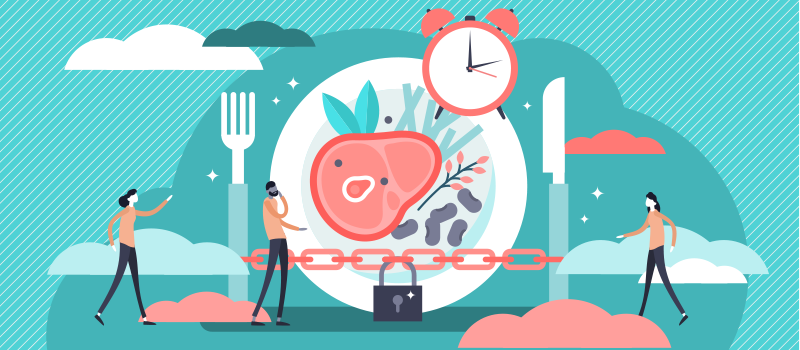
SOCIAL